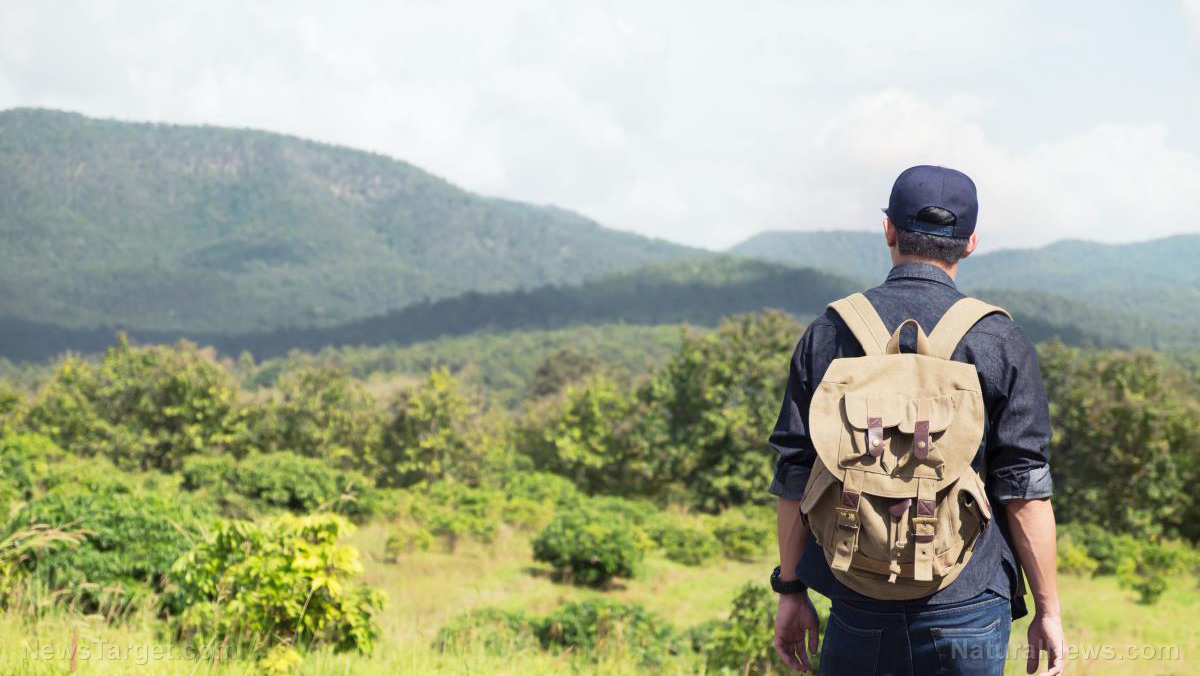
Bugging out is something that all preppers consider when disaster strikes. By bugging out, you remove yourself from imminent danger.
But not all disaster or SHTF scenarios require bugging out. By default, your home is the safest place to be. The decision to leave the safety of your home should only be made when the dangers of staying put severely outweigh the risks of evacuating.
Ultimately, however, the decision to bug out will mostly depend on what will give you and your family the best chance of survival. With that in mind, here are some of the major factors to consider when deciding whether or not to bug out: (h/t to Survivopedia.com)
1. Where do you live?
Where you live can make a huge difference in your decision to bug out or not. For instance, someone living in a suburban area won't have to deal with a high population density unlike an apartment dweller in the city. For the latter, there will be more people fighting for resources in the area, which could make it difficult to stockpile. In this case, bugging out may be the smarter option.
2. How well prepared are you?
If you have an adequately prepared stockpile of food and supplies, it wouldn't make any sense to abandon your home and go out into the wilderness to try to live off the land. On the other hand, it also wouldn't make any sense to stay put at home if your resources are scarce.
3. Do you know your basic survival skills?
Even seasoned preppers save bugging out as their last option because of how hard it is to live off the land. Food and water will be hard to come by in the wild, so you'll need to know how to forage and hunt for food and purify water for drinking. There's also the matter of building a makeshift shelter and starting a fire.
If you don't have any of these survival skills, it might be best to just stockpile food and supplies and stay put.
4. Do you have a safe zone to go to?
Some preppers' idea of bugging out is just grabbing their bug-out bag (BOB) and heading off to safety, wherever that is. Such a simplistic bug-out plan leaves a lot to be desired. (Related: These important items deserve a place in every bug-out bag.)
For instance, how many safe zones have you planned for? Most people just have one. However, you should have at least three so that you're not left wondering where to go if one location is compromised. It's also a good idea to prepare different routes to each safe zone.
If you don't have any concrete ideas about where to go after bugging out, it may be better to bug in.
5. How fast can you bug out?
Bugging out is a slow-going affair. You could drive your vehicle to get to your safe zone more quickly. However, it's likely that you'll encounter circumstances that make doing so very difficult or near impossible, such as flooding, fallen trees, debris and broken roads.
There is always the option to bug out on foot, but the kind of terrain you're working with and the weather condition can affect your walking speed. You could also be slowed down by the heavy BOB you'd be carrying.
6. What disaster are you facing?
The type of disaster you're facing is also a key factor in deciding whether to bug out or not. For instance, you wouldn't want to be stuck at home in the face of a tsunami coming your way. If you live in hurricane country, an old apartment building isn't the most ideal place to stay. On the other hand, staying put may be the safer option in the face of floods and storms. Each disaster has its own unique risks, which you should consider when deciding whether to bug out or not.
7. How long do you expect the disaster to last?
It's possible to bug in for a few weeks after a disaster strikes and then bug out once you run out of supplies. But you should take into consideration how long you expect the disaster to last before leaving the safety of your home. If you expect a storm to clear in a few days and you have enough supplies to wait it out, then stay put. On the other hand, if something is poised to last for a few weeks or months, such as a disease outbreak, you may eventually need to bug out to a safe zone.
8. What is the physical condition of each household member?
Bugging out is physically demanding, and not everyone can do it. Children and older adults, for instance, won't have the same endurance as a physically fit young adult. If you have such individuals in your household, staying put may be the smarter option.
Consider the factors listed above when deciding whether to bug out or not in case of a disaster.
Preparedness.news has more articles with tips on bugging out.
Sources include:
Please contact us for more information.





















